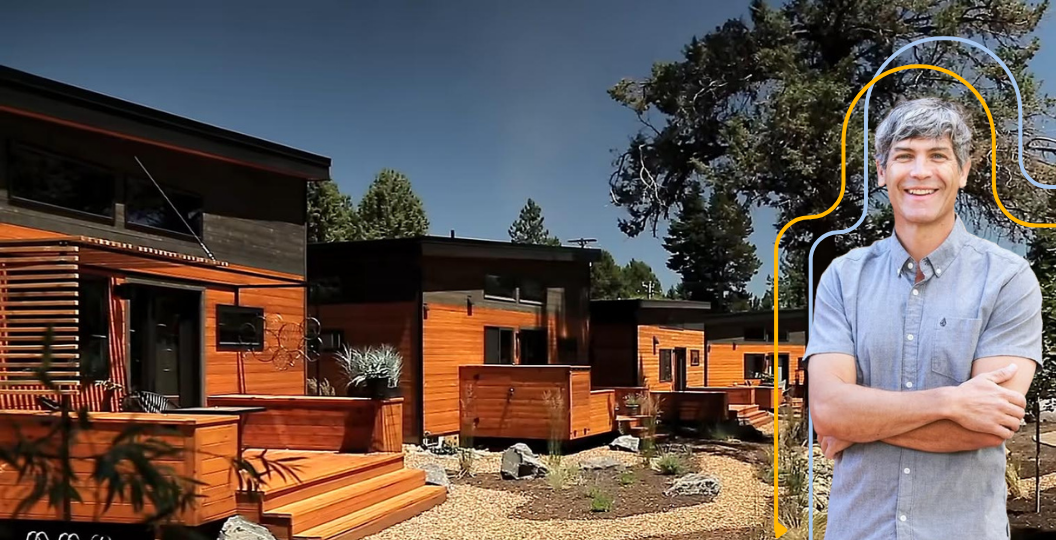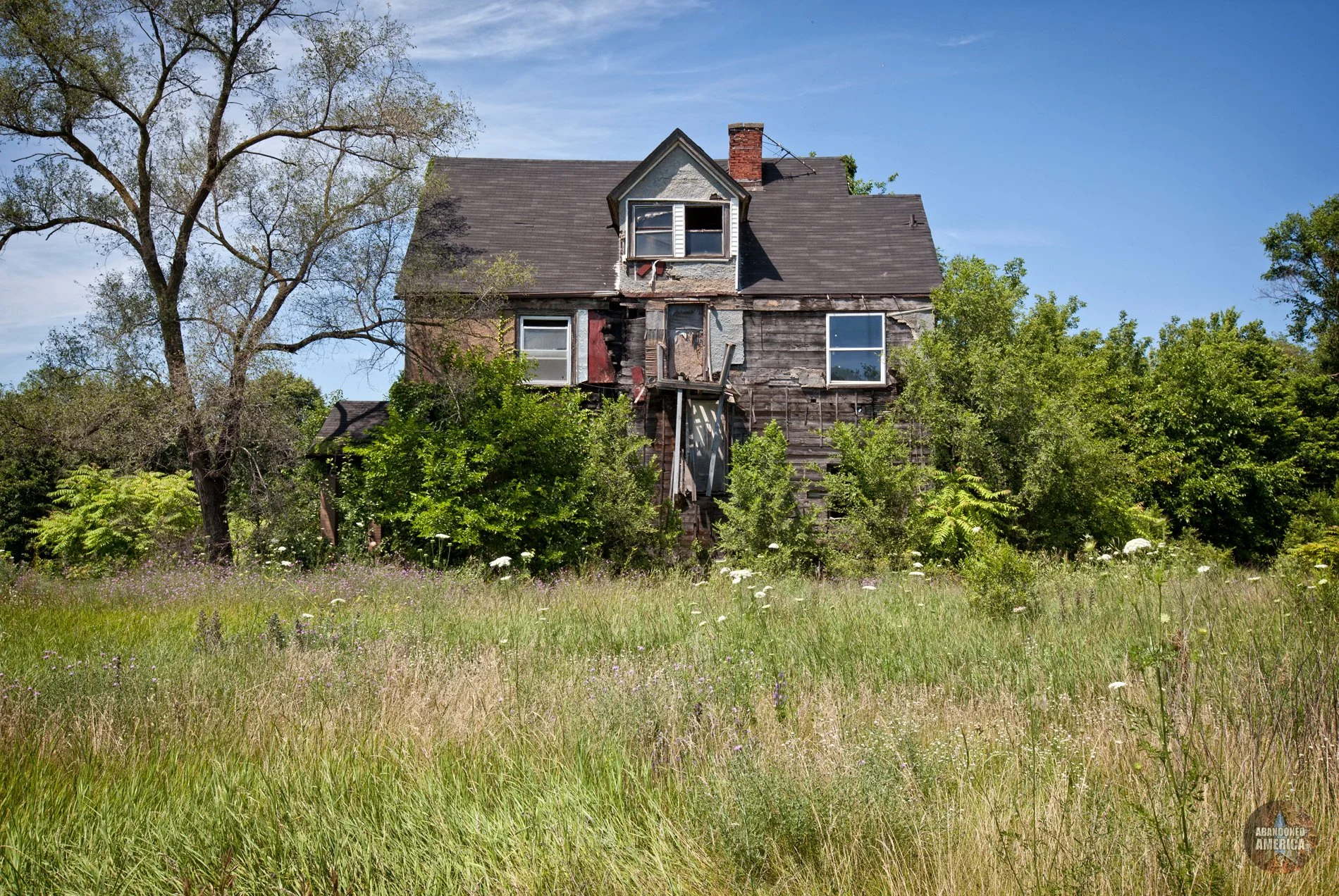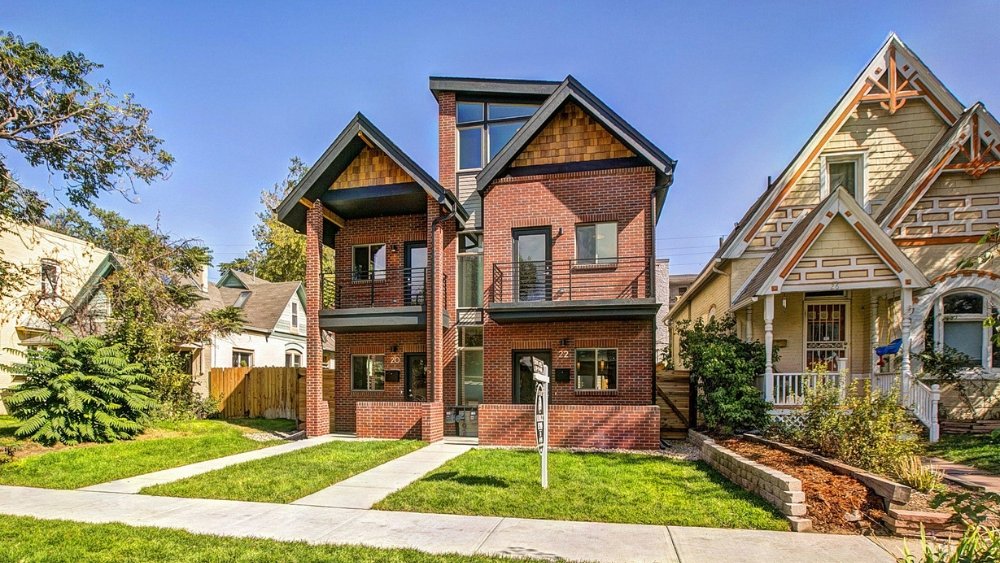Chuck explores the popular theory that the housing crisis is caused by a lack of supply and shows how this belief relates to the Strong Towns approach.
Read MoreHow do you grow without losing what makes your town special? In Bend, Oregon, Jesse Russell is proving it can start with smaller homes.
Read MoreCalgary is cutting delays—not corners—to deliver more housing where it’s needed. And your city should be paying attention.
Read MoreBangor, Maine, isn’t holding out for silver bullets. It’s getting to work—clearing the way for more homes in creative, community-minded ways.
Read MoreWhen we recognize the housing crisis as a systems and strategy problem, we realize that there is no shortage of things cities can do right now to address it.
Read MoreCharlotte, North Carolina, is in the middle of a housing crisis. Churches are stepping up to help.
Read MoreIowa’s new ADU law puts power in the hands of homeowners, not just developers—and makes it easier for grandma to stay close to home.
Read MoreIt’s time to make the beloved housing solution that turned Chicago into a bustling, modern city legal again.
Read MorePortland’s zoning overhaul is producing what every city says it wants: more homes people can actually afford.
Read MoreIn Lawrence, Indiana, a new housing task force is turning local tools into real solutions to tackle the town’s growing housing crisis head-on.
Read MoreToday, Chuck is joined by Jeff Speck, a city planner, author, and principal of an urban design and consultancy firm. They discuss the ideas shared in Chuck’s book “Escaping the Housing Trap” and how those concepts play out in the real world, including examples from Jeff’s own work. (Transcript included.)
Read MoreThe rules weren’t made for small-scale housing — and that’s quietly driving up costs. Here’s a look at how the system makes affordability harder to deliver.
Read MoreDallas is simplifying the process for building smaller, affordable homes. Could this shift be the key to addressing the city's housing shortage?
Read MoreOur housing crisis demands a return to simpler, more empowering development approaches. The same approaches that let my grandfather build a starter home that sheltered his family for 70 years.
Read MoreAn overlooked opportunity to fight the housing crisis lies not just in scaling up development efforts, but in scaling down barriers.
Read MoreRed states are rewriting the rules on housing—and Arkansas is leading the charge thanks to a new bipartisan law.
Read MoreUnlocking incremental development at the scale of the lot is the most transformative thing we can do because it impacts every lot in the city or metropolitan area.
Read MoreOhio realtors and community advocates have created a practical toolkit to help communities across the state enable infill development.
Read MoreCities need more entry-level homes, but efforts to increase supply are often met with resistance. Iowa is considering a way around that issue: legalizing backyard cottages to increase housing supply without radically changing neighborhoods.
Read MoreNorth Carolina lawmakers have joined forces across party lines to make housing easier to build—here’s what they’re proposing.
Read More



















